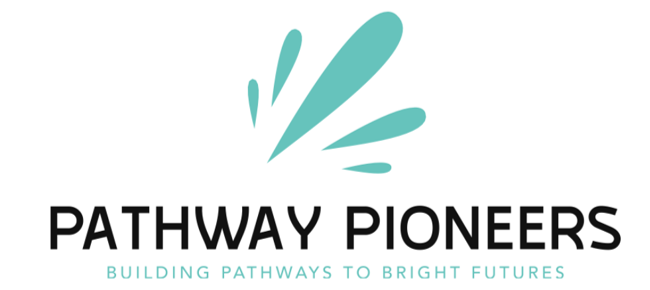Personalised 1-to1 Student Support
Personalised 1-to1 Student Support
After each workshop, each student will take part in our one-to-one mentoring program, which is designed to:
- Address individual challenges.
- Build confidence, motivation, and resilience.
- Help students reintegrate successfully into the classroom environment.
This bespoke service focuses on the students who need it most, providing transformational change for both the individual and the school community.
How It Works
After each workshop, each student will take part in our one-to-one mentoring program, which is designed to:
- Address individual challenges.
- Build confidence, motivation, and resilience.
- Help students reintegrate successfully into the classroom environment.
This bespoke service focuses on the students who need it most, providing transformational change for both the individual and the school community.
Measurable Outcomes for Schools
- Behavioural Improvements
85% of students show a reduction in disciplinary incidents within the first 4 weeks.
- Increased Attendance
Average attendance rates improve by 10–15% during the program.
- Academic Gains
Students demonstrate up to a full grade improvement in core subjects post-program.
- Improved Staff Satisfaction
Teachers report reduced classroom disruptions, creating a better teaching environment.
What Does the 1-to-1 Support Service Involve?
Our 1-to-1 support program provides structured mentoring tailored to meet the specific needs of disengaged male students. Each session is personalised, addressing behavioural, emotional, and academic challenges. Key Features of the Service:
Personalised Action Plans
- Each student receives an individualised plan after an initial assessment of their strengths, challenges, and goals.
- Includes specific objectives related to behaviour, motivation, and academic engagement.
Collaboration with School Staff
- Regular communication with pastoral and teaching staff to ensure mentoring aligns with the school’s behavioural and academic targets.
Parental Engagement (Optional):
- Sessions can include strategies to help parents support their child’s progress at home, ensuring a holistic approach to success.
Weekly 1-to-1 Mentoring Sessions (30 minutes per session)
- Behavioural Support: Strategies for managing emotions, building self-discipline, and improving focus in class.
- Confidence-Building Activities: Exercises to develop a growth mindset, foster self-esteem, and overcome personal challenges.
- Goal-Setting and Accountability: Students learn to set achievable academic and personal goals, with ongoing guidance to ensure progress.
Personalised Action Plans
- Each student receives an individualised plan after an initial assessment of their strengths, challenges, and goals.
- Includes specific objectives related to behaviour, motivation, and academic engagement.
Collaboration with School Staff
- Regular communication with pastoral and teaching staff to ensure mentoring aligns with the school’s behavioural and academic targets.
Parental Engagement (Optional):
- Sessions can include strategies to help parents support their child’s progress at home, ensuring a holistic approach to success.
Weekly 1-to-1 Mentoring Sessions (30 minutes per session)
- Behavioural Support: Strategies for managing emotions, building self-discipline, and improving focus in class.
- Confidence-Building Activities: Exercises to develop a growth mindset, foster self-esteem, and overcome personal challenges.
- Goal-Setting and Accountability: Students learn to set achievable academic and personal goals, with ongoing guidance to ensure progress.
What Makes Our 1-to-1 Support Different?
Specialised Focus on Disengaged Male Students
We work exclusively with the students most at risk of exclusion or underachievement, providing interventions that directly address their unique challenges.
Tailored to Your School’s Goals
Each program is aligned with your school’s targets, ensuring measurable outcomes that positively impact your performance metrics.
Impact Reports
Schools receive a final impact report, highlighting improvements in attendance, behaviour, and engagement.
Benefits for the Students
- Improved Behaviour
Students learn practical techniques to manage frustration, anger, and disruptive tendencies.
- Increased Confidence:
Through small wins and positive reinforcement, students develop a stronger belief in their abilities.
- Greater Academic Engagement
Personalised mentoring helps students reconnect with their education and set meaningful academic goals.
- Future-Focused Mindset
Students begin to see the relevance of their education to their aspirations, boosting motivation.
